AUTO INSURANCE 101
What is Required
in Georgia?

If you own an automobile in Georgia, you are required by law to purchase auto insurance. By law, the minimum car insurance coverage you must have is 25/50/25. Or, in plain English, this means:
$25,000 in bodily injury coverage per person
$50,000 in bodily injury coverage per accident
$25,000 in property damage coverage
Having the minimum coverage protects drivers (if they are found at fault) by paying medical costs and other expenses of another person. However, Georgia does not require drivers to purchase ANY insurance that protects themselves.

What types of automobile insurance
are available in Georgia?
REQUIRED: These are required by Georgia law, and they protect the other drivers,
if you are found at fault, and not you or your passengers.
REQUIRED: These are required by Georgia law, and they protect the other drivers, if you are found at fault, and not you or your passengers.
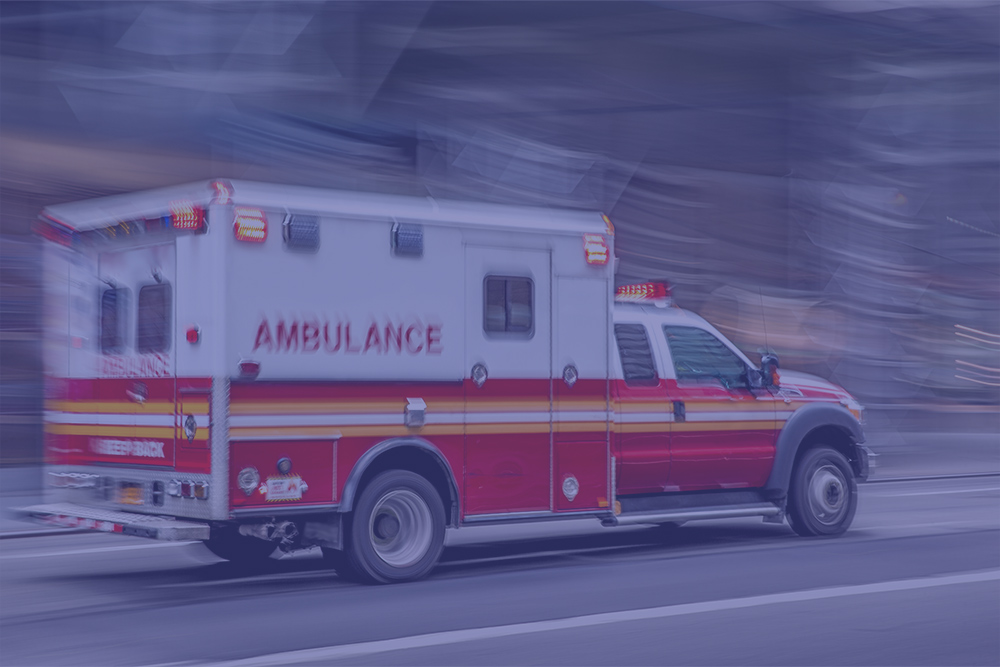
Bodily Injury Liability Coverage (BI)
- BI helps pay for an injured person's medical expenses if you're found at fault in an accident. BI also helps cover legal fees if you're sued.
- The minimum requirement in Georgia is $25,000/person with a maximum of $50,000/ accident.
- This means if more than one person in a vehicle is injured, a maximum of $50,000 can be divided up between all injured parties (not including the at-fault party), regardless of how much the combined medical bills are.
- No one person can receive more than $25,000.
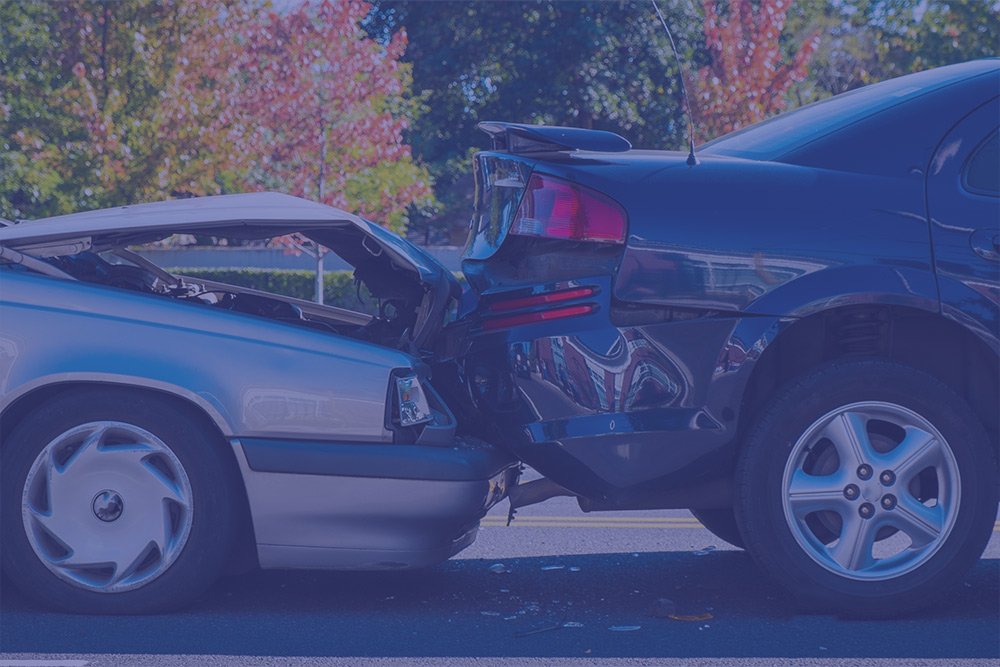
Property Damage Coverage (PD)
- PD covers the repair costs to other vehicles, fences, mailboxes or buildings.
- The minimum requirement in Georgia is $25,000 per accident.
- If you are hit by somebody with the minimum coverage, and your vehicle has more than $25,000 in damage, the at-fault party’s insurance company will cap the amount you can recover at $25,000 for property damage.
- PD also covers the cost of a rental car while a car is being repaired.
OPTIONAL: Some types of coverage are considered add-ons,
and are designed to protect you, your passengers, and your property.
You can elect to purchase them, or not.
OPTIONAL: Some types of coverage are considered add-ons,
and are designed to protect you, your passengers, and your property.
You can elect to purchase them, or not.

Medical Payments Coverage
(MedPay)
- Medical payments coverage, or MedPay, cover your medical expenses after a car accident no matter who was at fault.
- MedPay also covers medical expenses for injured passengers if you were the at-fault driver.
- Even if you have health insurance, MedPay can be used to help cover copays, deductibles, and items not covered by your health insurance.
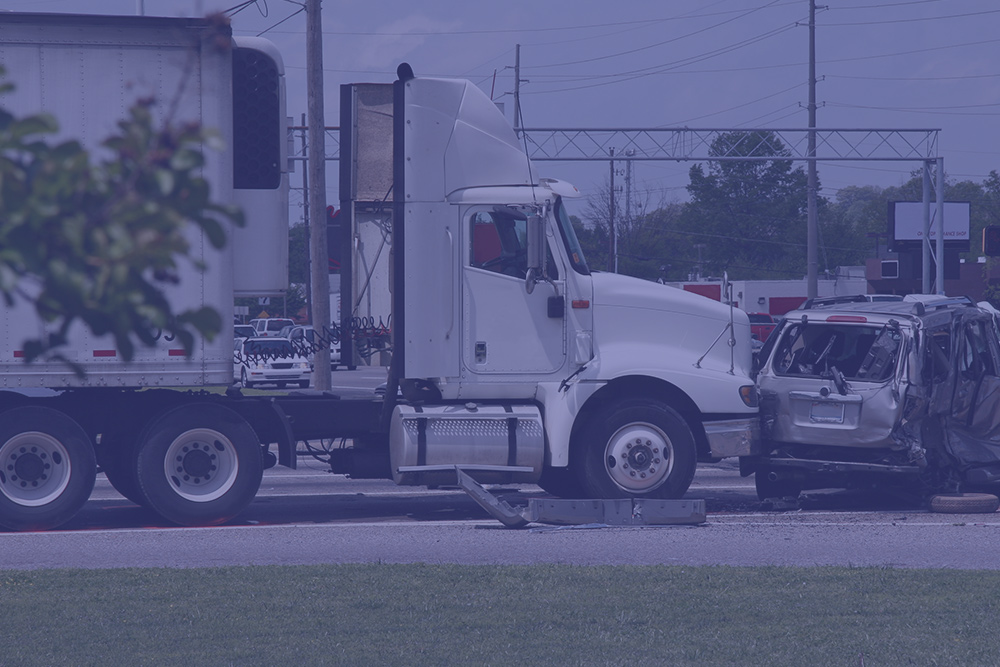
Collision
Coverage
- Collision coverage pays to repair your own car’s damage when you hit another vehicle or an object such as a lamppost or fence.
- Collision may also pay if another driver hits your car and doesn’t have enough insurance to pay for the damage.
- While collision is not mandatory in Georgia, many lenders typically require it if you finance or lease a car.
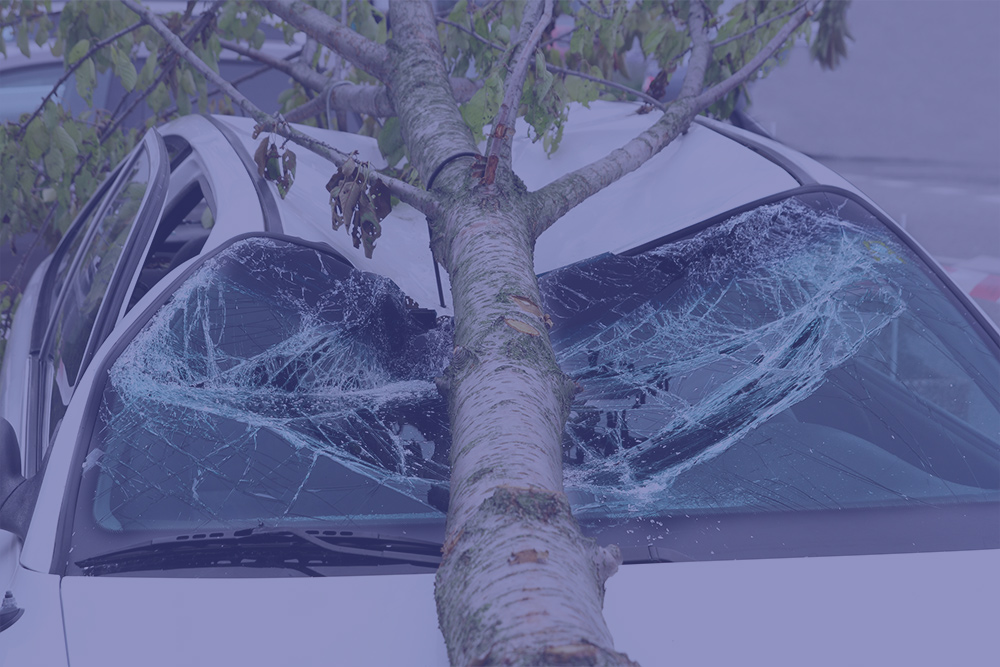
Comprehensive
Coverage
- This coverage helps pay to replace or repair your vehicle if it's stolen or damaged in an incident that's not a collision.
- Comprehensive typically covers damage from fire, vandalism or falling objects (like a tree or hail).
- If you're financing or leasing your car, your lender likely requires comprehensive coverage.
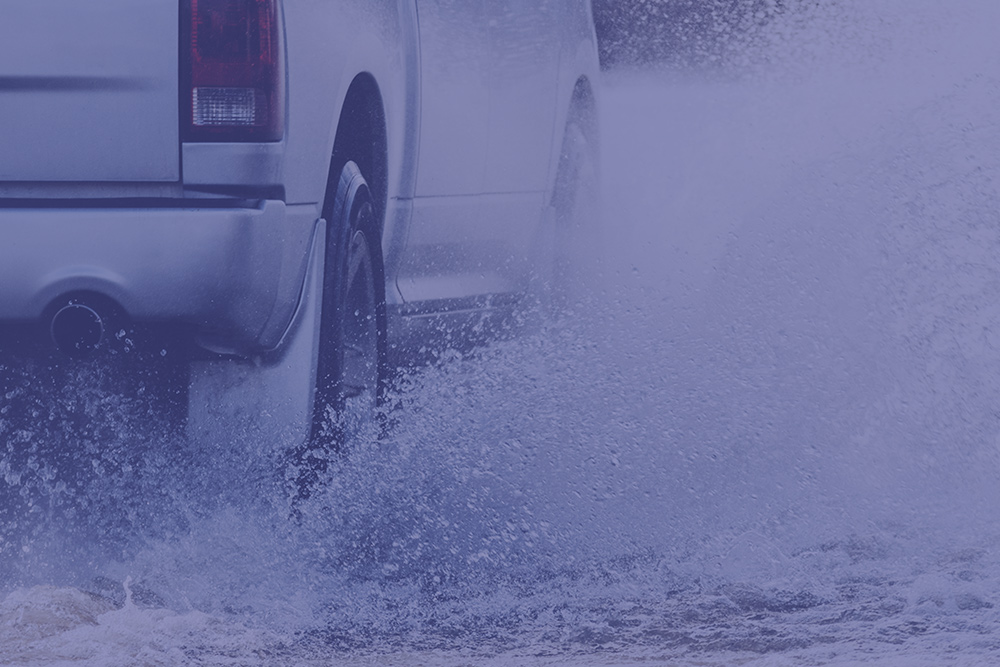
Uninsured/Underinsured Motorist Coverage
(“UM” or “UIM”)
- Uninsured motorist insurance (UM) provides bodily injury coverage, which pays for medical bills, pain and suffering, lost wages and funeral expenses if you’re in a crash with a driver who doesn’t have insurance.
- Underinsured motorist coverage — often called UIM — does the same when the other driver doesn’t have adequate insurance.
- This covers injuries caused by a hit-and-run driver. UM coverage even helps if you are a pedestrian hit by an uninsured driver, or if you are injured in another person’s vehicle.
- See below on this page for much greater detail.
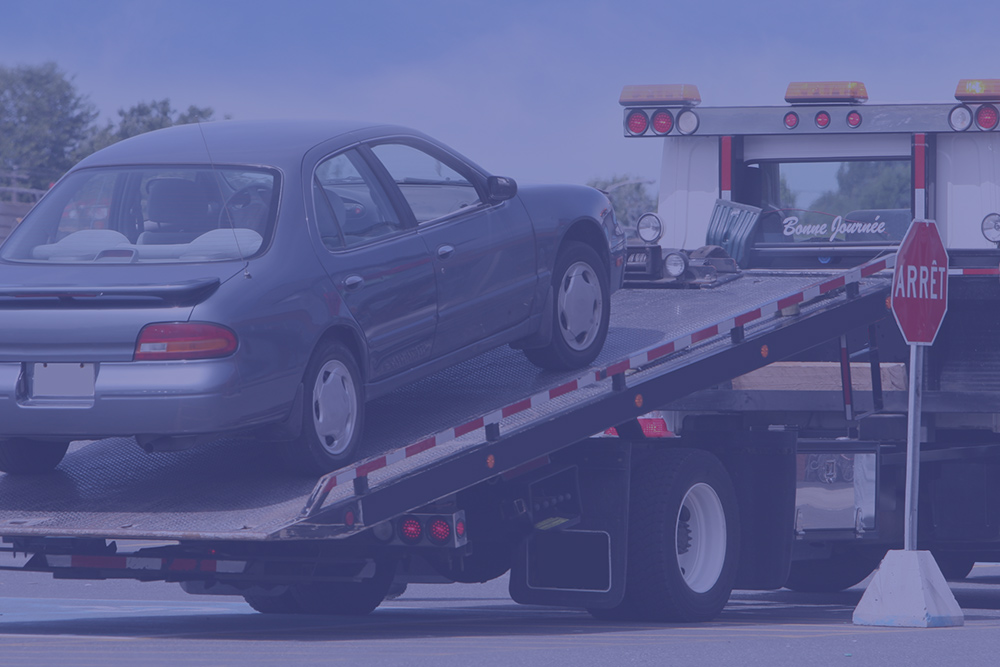
Towing/Rental
Car Coverage
- Towing insurance is a reimbursement from your insurance company if your vehicle needs to be towed to an auto shop for repairs.
- Tow trucks can be expensive, especially if you need to be towed a long distance, but the insurance is fairly cheap.
- Rental car coverage reimbursement covers or supplements the cost of a rental car while your vehicle is being repaired following an accident.
- Almost all insurers impose limits on the amount of daily coverage (generally between $30 and $50), as well as the total coverage per incident.
What types of automobile insurance
are available in Georgia?
REQUIRED: These are required by Georgia law, and they protect the other drivers,
if you are found at fault, and not you or your passengers.
REQUIRED: These are required by Georgia law, and they protect the other drivers, if you are found at fault, and not you or your passengers.
OPTIONAL: Some types of coverage are considered add-ons,
and are designed to protect you, your passengers, and your property.
You can elect to purchase them, or not.
OPTIONAL: Some types of coverage are considered add-ons,
and are designed to protect you, your passengers, and your property.
You can elect to purchase them, or not.
HOW UNINSURED and UNDERINSURED MOTORIST COVERAGE WORKS IN GEORGIA

While you are not required by Georgia law to purchase uninsured (UM) or underinsured motorist coverage (UIM), Wood Craig Miller strongly recommends it. Georgia law does, however, require your insurance company to offer UM/UIM. Many people do not understand what this means, so we will attempt to explain it to you!
A lot of people only see UM/UIM as something that increases their premium, when in fact, it’s one of the most important types of add-on coverage you can buy to protect yourself and your loved ones.

Uninsured motorist coverage covers your claim if the other driver has no insurance. It is illegal for Georgia drivers to not have, at very least, the minimum bodily injury and property damage liability insurance policy. But some people slip through the cracks in the system and operate their motor vehicle without having legally required insurance coverage. In most states, this is a misdemeanor, ticketable offense. Unfortunately, this is no consolation when you have been in an accident where an uninsured motorist is at fault for the wreck. Of course, you still have the option of suing a negligent driver, but it is unlikely to meet with success, since he would likely have few assets to pay you anything. Uninsured motorist coverage would pay your claim in this situation.
Underinsured motorist coverage protects you when the negligent driver doesn’t have enough insurance coverage to fully compensate you for your injuries. In this situation, you would file a claim with your own insurance company for the amount you are entitled to – which includes pain and suffering – that was not paid by the negligent driver’s insurance company. If you have purchased this add-on coverage, your uninsured coverage will compensate you on top of whatever the negligent driver’s insurance company pays.
UM Coverage also helps to compensate you if you have been injured by a hit-and-run driver.
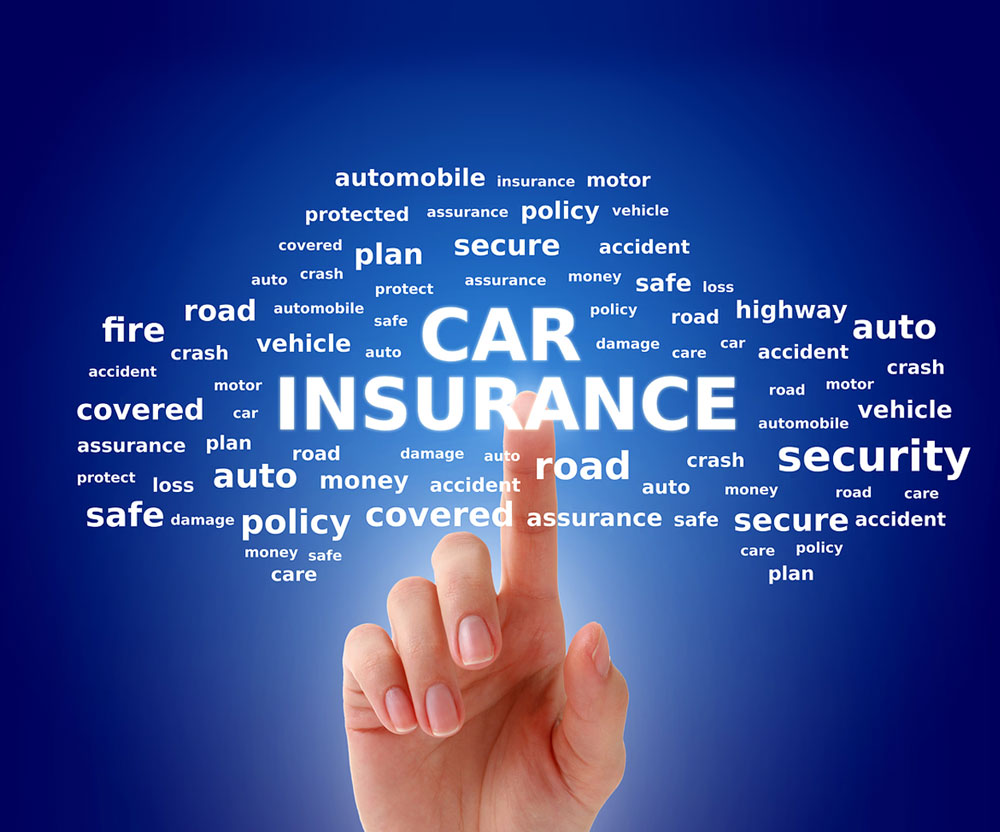
Our Recommendations

We’ve had many clients come to us, saying, “the person who hit me has no insurance, but thank goodness I have insurance.” But after speaking to their insurance company, we learn our client did not purchase UM as an option, essentially rendering them to have NO insurance coverage at all. This is why UM and UIM is so incredibly important.
While you must make the best financial decisions for yourself, Wood Craig Miller believes that $100,000/$300,000 is an optimal amount of UM/UIM insurance coverage. Both would compensate you whether you were the driver, passenger, pedestrian, or bicyclist. These are no-fault coverages, which means that your rates should not go up if you file a claim.
Who does UM/UIM coverage apply to?

The policy should normally provide UM/UIM coverage to you and the following:
Your spouse (if living in the same household).
Relatives of you and your spouse (children, step-children) residing in your household.
Anyone who is using your insured vehicle with your express or implied consent.
A guest who is riding as a passenger in your insured vehicle.


What if I get into an accident in somebody else’s car?

In this situation, if you have UM coverage for YOUR vehicle, your policy will take priority over the UM insurance issued to the owner of the vehicle. This is why it’s critical for you to tell your attorney about your own insurance policies, even if it was not your car. If you forget to tell them and wait until much later to notify your insurance, you may lose the right to receive compensation from your own insurance, since each insurance policy has a notification deadline.
WHICH IS RIGHT FOR YOU: ADD-ON OR REDUCED-BY Uninsured Motorist Coverage?


Reduced-by coverage only pays the difference between what the at-fault driver’s insurance policy pays you, and your insurance coverage. For example, if you have $100,000 in UM coverage, and you elect “Reduced By” coverage, and the negligent driver has $25,000 (the minimum) in liability coverage, then actually you would only receive $75,000 from your own policy. The $100,000 you are paying for in UM coverage caps the amount you can be paid at $100,000.
$100k (your reduced-by UM) - $25k (at-fault insurance) = $75k from your UM = $100k total coverage
In this case, you might have to wonder why you are even spending money on a UM policy, since it doesn’t help you at all.
Add-On coverage, on the other hand, will pay you on top of the amount that the negligent driver’s company pays you. This means that in the first example described above, you would potentially have $125,000 to compensate you, rather than the $100,000 maximum available to you under Reduced By UM coverage.
Wood Craig Miller encourages you to purchase a minimum of $100,000/$300,000 in both underinsured and uninsured coverage to protect yourself if you need it, and specifically add-on coverage.
If you make the decision to purchase uninsured and underinsured motorist coverage, do not assume it will be simple to be reimbursed for your medical expenses by your own insurance company. Unfortunately, your claim with your own insurance company could be more challenging to settle than your claim with the negligent driver’s insurance company! An experienced car accident attorney will be able to negotiate your settlement with both insurance companies. If you have questions about your insurance coverage, or were injured in a car accident, please reach out to us to schedule a free no-obligation consultation.
